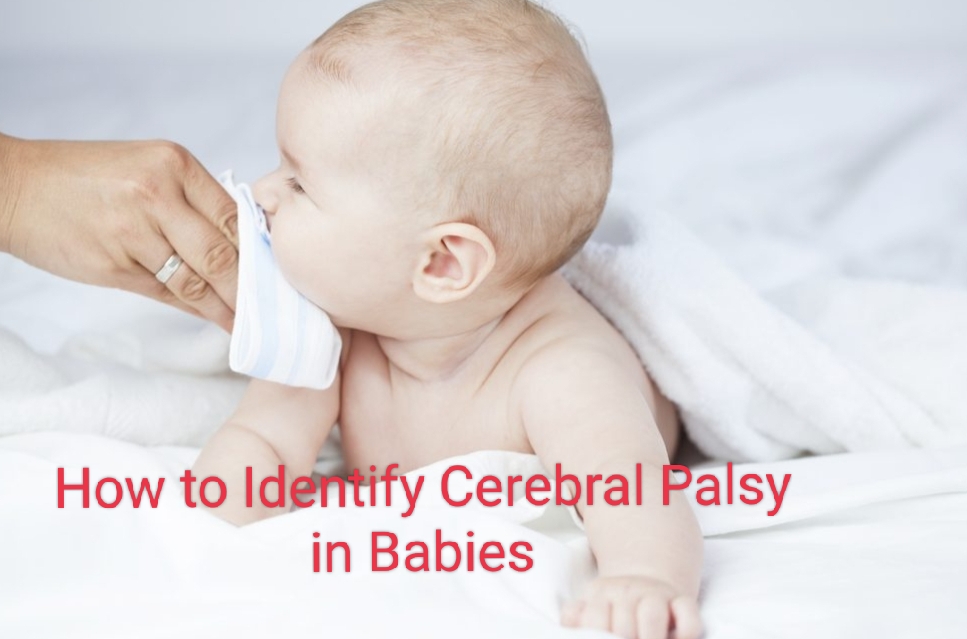
By Eddie Jones, Partner and Head of Department for Clinical Negligence, JMW Solicitors
Cerebral palsy is the name for a group of lifelong conditions that can affect movement and coordination. It is generally caused by a problem in the brain that develops before, during or soon after birth.
Around 2-2.5 in every 1,000 in the UK are born with cerebral palsy and there are an estimated 30,000 children currently living with the condition in the UK. The presentation differs from child to child, as does the severity of the condition. This will influence what care they will require for the rest of their life.
Cerebral palsy is a neurological condition that affects a person’s movement, coordination and posture. This means that people with cerebral palsy are likely to have problems with mobility and motor control. They may also have learning difficulties or developmental delays, or difficulties swallowing or communicating.
Cerebral palsy affects children in varying ways, both physical and cognitive, with a variety of symptoms and signs. Some cases of cerebral palsy are not diagnosed until the child has reached toddlerhood as occasionally the presentation is subtle. Being able to spot some of the lesser known signs can help your child get an earlier diagnosis and support.
What causes cerebral palsy?
Cerebral palsy is caused when a baby suffers a brain injury before, during or shortly after birth.
If it occurs prior to birth, it is often caused by a lack of oxygen or blood reaching the baby’s brain. It can also be caused if the baby suffers a stroke while in the womb, or if the mother contracts an infection, for example, rubella or chickenpox.
During, or shortly after birth, cerebral palsy can be caused by the baby temporarily being oxygen deprived, suffering a stroke, developing kerniecterus, or contracting meningitis.
Cerebral palsy symptoms in babies
To help notice if your child has suffered a brain injury that has resulted in cerebral palsy, take a look at some of the warning signs.
Signs of cerebral palsy in infants may include the following:
- Abnormal muscle tone
- Crossed or stiffened legs when being picked up
- Delays in sitting, crawling, rolling over and walking
- Difficult grasping objects or clapping their hands
- Excessive drooling
- Inability to lift their own head
- Overextended back and/or neck when being picked up
- Stiffness of joints and/or muscles
While these signs may not be always linked to cerebral palsy, it is worth keeping an eye out for them, especially if your child is demonstrating more than one of the aforementioned issues.
While brain injuries that cause cerebral palsy can occur even if all medical procedures and protocols are followed closely, there are occasions when it occurs as a result of negligence by a doctor, nurse, midwife, or other healthcare professional. If a healthcare professional provided substandard care, you may be entitled to claim compensation to support you and your child’s needs.
Speak to an experienced solicitor to get the advice you need.
